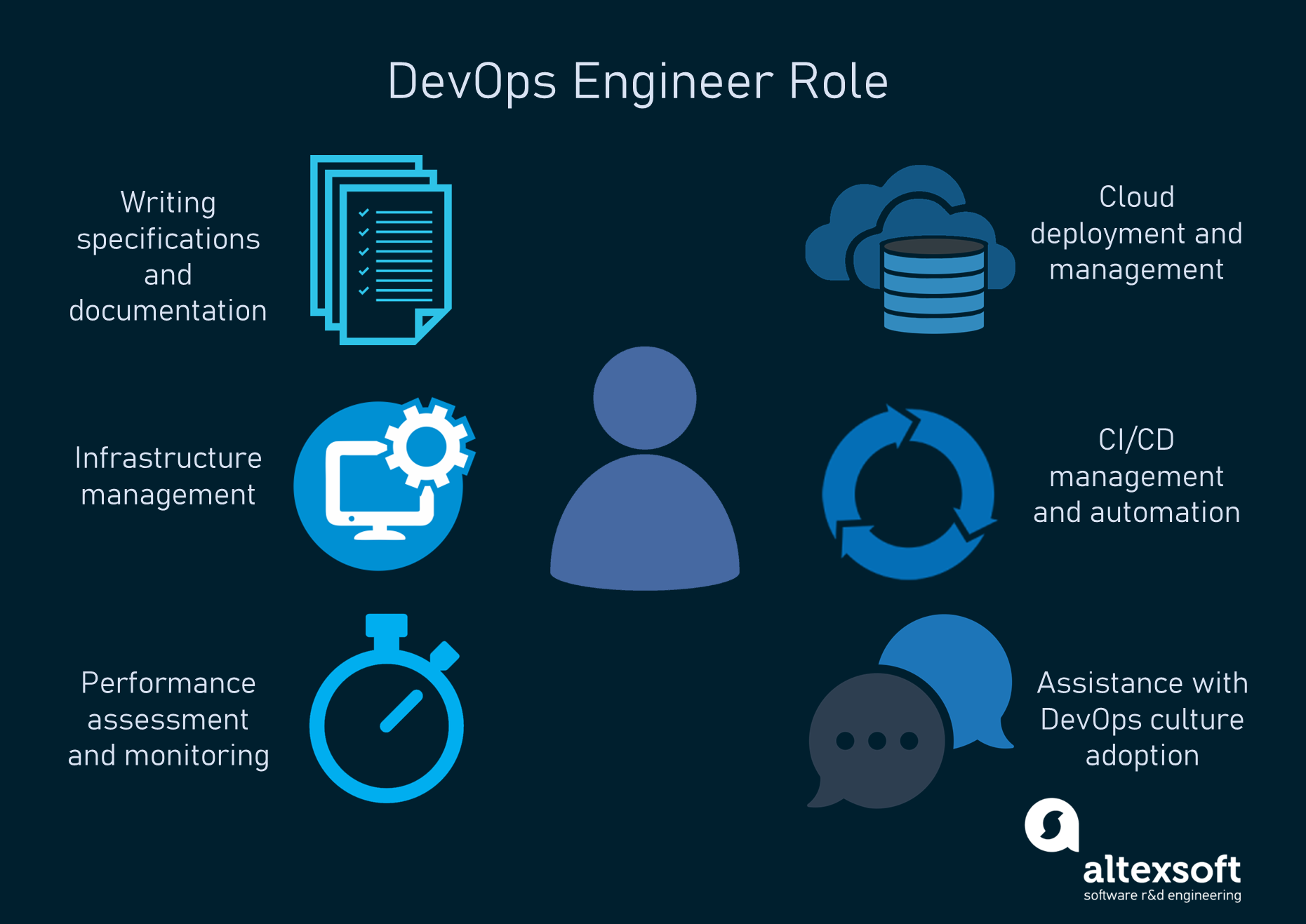Introduction
Medical education plays a critical role in producing competent and compassionate healthcare professionals who can meet the evolving needs of patients and society. However, the field of medical education is not immune to challenges in an ever-changing healthcare landscape. From advancements in technology to changing healthcare delivery models, medical education faces both significant challenges and exciting opportunities. In this article, we explore some of the key challenges and opportunities facing medical education today.
Challenges in Medical Education
- Evolving Healthcare Landscape: The healthcare industry is constantly evolving, driven by technological advancements, new treatment modalities, and changing patient demographics. Medical education must adapt to these changes to ensure that healthcare professionals are equipped with the knowledge and skills required to deliver high-quality care.
- Integration of Technology: The rapid integration of technology in healthcare presents both challenges and opportunities for medical education. Incorporating emerging technologies such as telemedicine, electronic health records, and artificial intelligence into the curriculum requires innovative teaching methods and ongoing faculty development.
- Interprofessional Collaboration: Healthcare is becoming increasingly team-based, with collaboration among healthcare professionals from different disciplines being essential for optimal patient outcomes. Medical education needs to foster interprofessional collaboration and communication skills among students to prepare them for effective teamwork in real-world healthcare settings.
- Addressing Health Disparities: Healthcare disparities based on socioeconomic status, race, ethnicity, and geographic location persist. Medical education must emphasize the importance of cultural competence, equity, and social determinants of health to ensure that future physicians can provide equitable care to diverse patient populations.
- Assessment Methods: Evaluating the competence of medical students and residents poses challenges in accurately measuring clinical skills, professionalism, and critical thinking. Medical education is exploring innovative assessment methods, including simulation-based assessments and the integration of technology for objective evaluation.
Opportunities in Medical Education
- Competency-Based Education: Competency-based education focuses on the attainment of specific skills and knowledge rather than traditional time-based learning. This approach allows medical students to progress at their own pace, ensuring that they are proficient in essential competencies before entering independent practice.
- Technology-Enhanced Learning: Technology offers various tools and platforms for interactive and self-directed learning. Medical education can leverage online resources, virtual simulations, and mobile applications to enhance learning experiences, foster self-directed learning, and facilitate access to educational materials.
- Interdisciplinary Education: Collaborative learning experiences involving students from different healthcare disciplines can promote teamwork, improve communication skills, and enhance the understanding of each profession’s role in patient care. Interdisciplinary education prepares future healthcare professionals for effective collaboration in interprofessional healthcare teams.
- Emphasis on Well-being and Resilience: Medical education is recognizing the importance of supporting the well-being and resilience of students and healthcare professionals. Incorporating wellness initiatives, self-care strategies, and mental health support into the curriculum can help mitigate burnout and enhance the overall well-being of learners.
- Lifelong Learning: Continuous professional development is crucial in a rapidly advancing healthcare landscape. Medical education can embrace the concept of lifelong learning by encouraging and providing opportunities for physicians to stay updated with the latest research, evidence-based practices, and technological advancements throughout their careers.
Conclusion
Medical education faces both challenges and opportunities in meeting the evolving demands of healthcare. By adapting to the changing healthcare landscape, integrating technology, fostering interprofessional collaboration, addressing health disparities, and exploring innovative assessment and educational methods, medical education can prepare future healthcare professionals to deliver high-quality, patient-centered care. Embracing these challenges and seizing the opportunities will ensure that medical education continues to evolve and produce competent and compassionate healthcare providers who positively impact global health outcomes.



